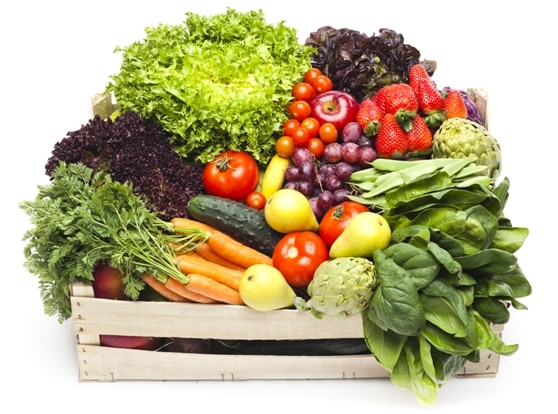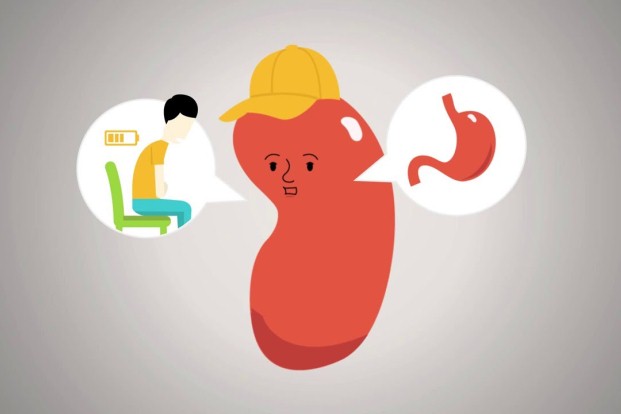Why do I need to eat a special diet for kidney problems?
Apr 19, 2022
If you are suffering from a Kidney problem you need to start taking more amount of fluids, begin to eat a low-protein diet, limiting salt, potassium, phosphorous, and other electrolytes. Also you need to get enough calories if you are losing weight. You may need to alter your diet more if your kidney disease gets worse. If you need dialysis, a kidney-friendly diet may also help protect your kidneys from further damage. A kidney-friendly diet limits certain foods to prevent the minerals in those foods from building up in your body.

What are the Healthy and Special Diets for People with Kidney problems.
You need to add the following nutrients in your diet if you are suffering from a Kidney Problem:
- Calories
- Protein
- Fat
- Carbohydrates
Calories:
Your body gets energy from the calories you eat and drink. Calories come from the protein, carbohydrates and fat in your diet. Calories depend on your age, gender, body size and activity level.
Lower protein foods:
- Bread
- Fruits
- Vegetables
- Pasta and rice
Carbohydrates:
Carbohydrates are the easiest kind of energy for your body to use. Healthy sources of carbohydrates include fruits and vegetables. Unhealthy sources of carbohydrates include sugar, honey, hard candies, soft drinks and other sugary drinks.
Few carbohydrates are high in potassium and phosphorus, which you may need to limit depending on your stage of kidney disease.
Sodium:
Sodium (salt) is a mineral found in almost all foods. Too much sodium can make you thirsty which can lead to swelling and raise your blood pressure. This can damage your kidneys more and make your heart work harder.
Portions:
Choosing healthy foods is a great start, but eating too much of anything, even healthy foods, can be a problem. The other part of a healthy diet is portion control, or watching how much you eat.
Avoid eating the given food items:
- Red bell peppers.
- phosphorus.
- Cabbage.
- Cauliflower.
- Garlic.
- Onions.
- Apples.
- Cranberries.
- Blueberries.








